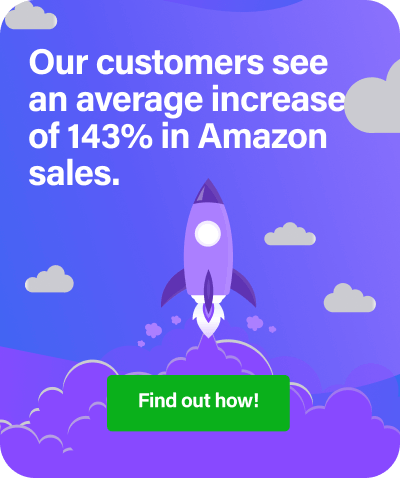Smart retailers have already cottoned on to using big data to propel them forward and capitalise on a market of untapped sales (those selling on Amazon, eBay and Rakuten’s Play.com can also piggyback off those marketplaces’ huge efforts to capitalise on the information and stats they collect). In this article, RepricerExpress will be taking a look at what’s in store for big data in the immediate (within the next year) and far-off (ten years) futures.
“I’m Kind of Embarrassed to be Asking this, But What Exactly is Big Data?”
The most common explanation around on the interwebs is that big data is “a collection of data sets so large and complex that it becomes difficult to process using” traditional means. It’s sort of like that explanation in chemistry for what a mole is: a mole of green peas (Avogadro’s Number) is enough green peas to cover 602 of our planets a metre deep.
The only problem with this is while we can rationally comprehend what a mole of green peas is or that a zettabyte has over a trillion gigs, actually understanding what that number means is useless. It’s both so big and so new, we don’t have any frame of reference for it and can’t point to, say, the Empire State Building and say: “Aha! That top floor can hold two zettabytes!” But it’s a big number, and that’s what big data concerns itself with.
“Thanks for That, But How Exactly Will Big Data Work in the Future?”
The biggest way we’ve seen this so far is with Amazon’s announcement of anticipatory shipping where Amazon will take users’ past information and use it to predict future purchases. It’s great because it allows consumers to stay comfortable in their own homes and not let them worry about minutiae purchases, like toilet paper.
On a larger scale and more down the road, we’ll start to see things like cash coming close to disappearing. Chances are it won’t go entirely, but we’re already firmly entrenched in a society of digital buying and selling, which had its advent traced back to PayPal. Banks have always engaged in a relatively cash-less way of doing business, but the retail process will involve more digital numbers on a screen and less paper money in a wallet.
This is especially true with repricing, the practice of adjusting your prices on a regular basis to stay competitive. With a digital trail, prices can be reconfigured much more rapidly in accordance to market needs, and a tool like RepricerExpress (check out our 15-day free trial!) helps you keep an edge over your competitors.
“Sounds Great, but How Will it Affect Me?”
As a retailer, you’ll be able to use things like image recognition to speed up the buying process for your consumers. Let’s say they took a picture of something they saw on the street that they liked, but they didn’t know the name of it. Big data that’s also smart data will allow them to upload it onto your site and search for it that way, instead of having to Google what they saw and use keywords. That’s a bit far off in the future, but an example of how big data could possibly turn out.


